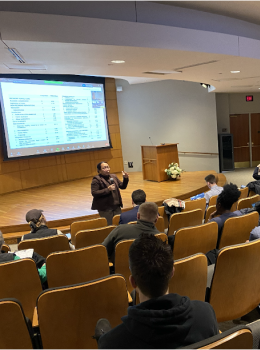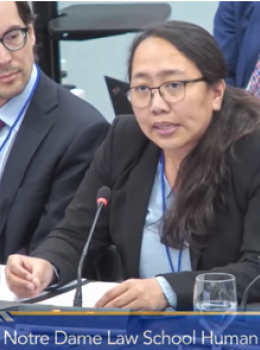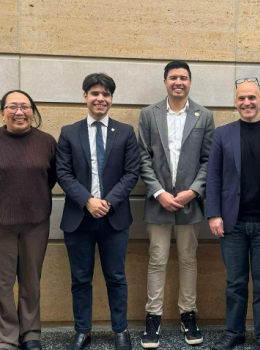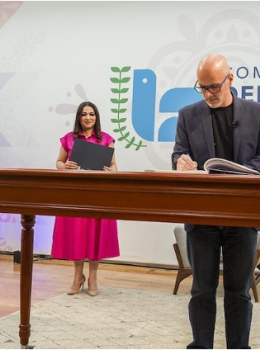Research
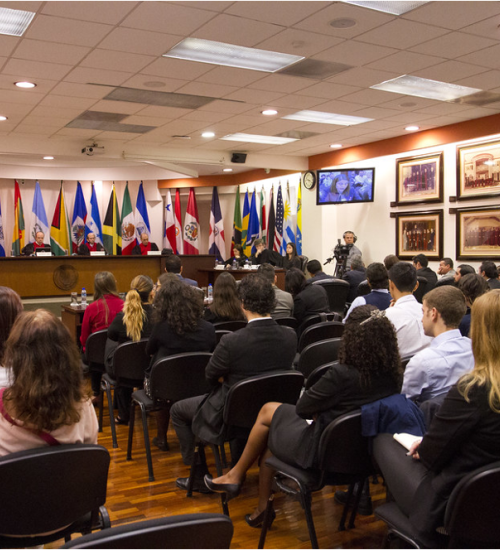
Two databases, composed of the Inter-American Court of Human Rights decisions and the reparations ordered, are available for qualitative and quantitative research.
The quantitative dataset contains information on 329 cases the Inter-American Court of Human Rights decided between 1989 and 2022. Its units of analysis are individual reparation measures ordered by the Court and allow timely tracking of their compliance.
The qualitative database compiles all judgments issued by the Inter-American Court of Human Rights in contentious cases up to December 2022 and identifies and analyzes the text segments referring to reparations in each decision. It is stored in the "MAXQDA 2022" software.
The database has a variety of uses that seek to facilitate research and analysis of reparations ordered by the IACHR Court at the click of a button. Users will be able to locate and filter the reading of a particular type of reparations measure in one or more judgments that can be organized by State or groups of States. For example, it would be possible to analyze all judgments in which those responsible for a given conduct have been ordered to be investigated, prosecuted and punished. The reading of the measures can also be done in a global manner and include the study of all reparations ordered to a given State or States either in specific periods or in relation to specific issues. The criteria for organizing and filtering the information are broad and depend on the specific object to be analyzed. Likewise, the information that has been located can be exported in different formats, which allows it to be used in other analysis programs or academic initiatives.
In turn, the collection of sentences and the shared coding system is a pilot proposal that invites, through the follow-up of the methodology applied and developed in these instructions, to create new ways of systematizing and processing the text of the sentences.
The next charts are example of the analysis that could be made with the database’s information:
Frequency of reparation measures ordered to Nicaragua by type and case

Non-repetition measures ordered to Colombia in relative and absolute terms
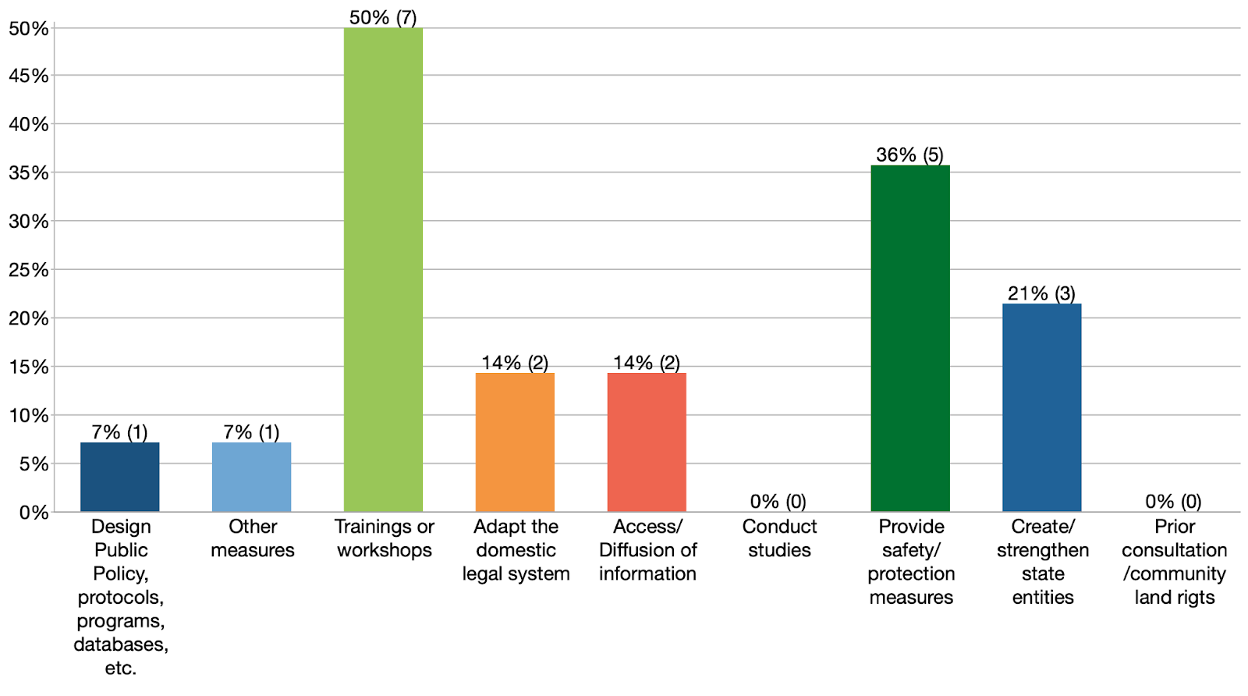
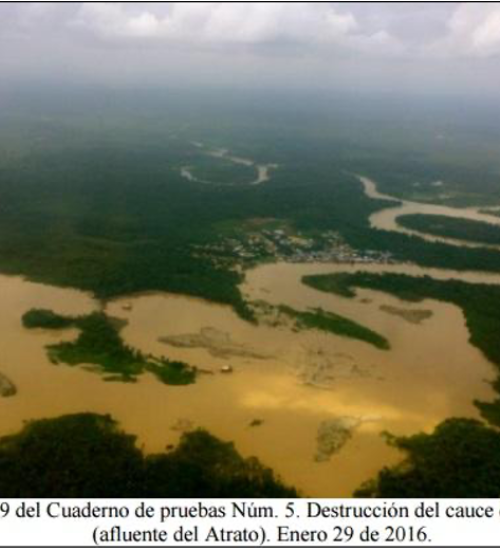
This dataset contains 144 decisions with climate change-related reparations orders from domestic and international jurisdictions available by March 2023 obtained from The Sabin Center for Climate Change Law (Columbia Law School), The Climate Litigation Accelerator, The Interamerican Association for Environmental Defense (AIDA) Latin American and the Caribbean databases, classified in 36 analytical categories.
The database also includes the identification and analysis of the text segments referring to specific type reparations in the decisions. The database is stored in the "MAXQDA 2022" software and in an excel file.
The dataset allows the analysis of the reparations ordered for climate change related cases. Users can search for and filter specific types of reparations across one or multiple decisions, which are organized in different ways, such as, jurisdictions, body and regions. For instance, it permits the identification of the most frequent type of measures ordered by the International Court of Justice or by different courts and bodies of some specific countries. The dataset includes a demonstration sample that shows the real activity of courts and adjudicative bodies when it comes to settling climate change cases and enables the localization of the concrete cases, sources and jurisdiction of origin of a particular measure ordered.
The next charts are example of the analysis that could be made with the database’s information:
Frequency of pecuniary and non-pecuniary measures present in the analyzed cases
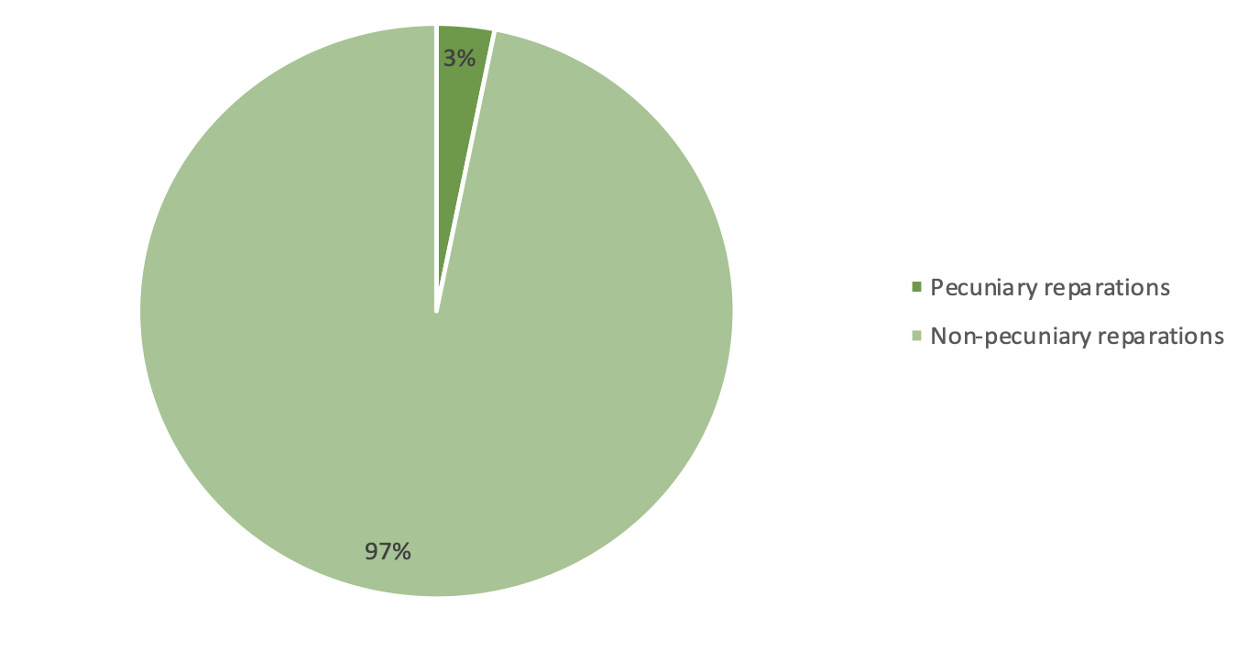
Frequency of non-pecuniary reparation measures, by type
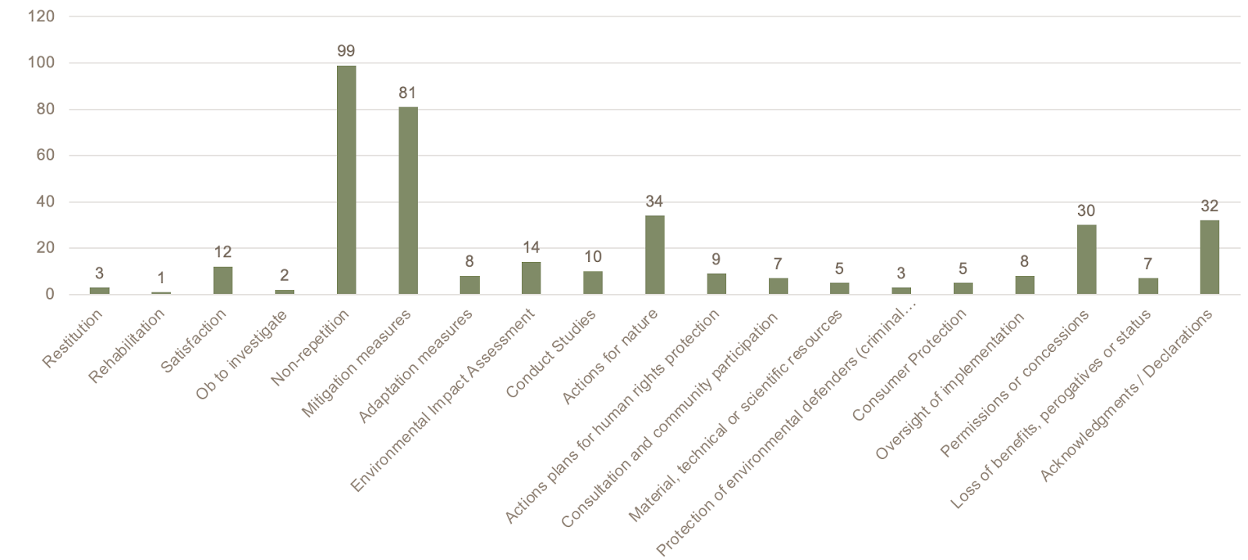
Frequency comparison between international and domestic jurisdictions
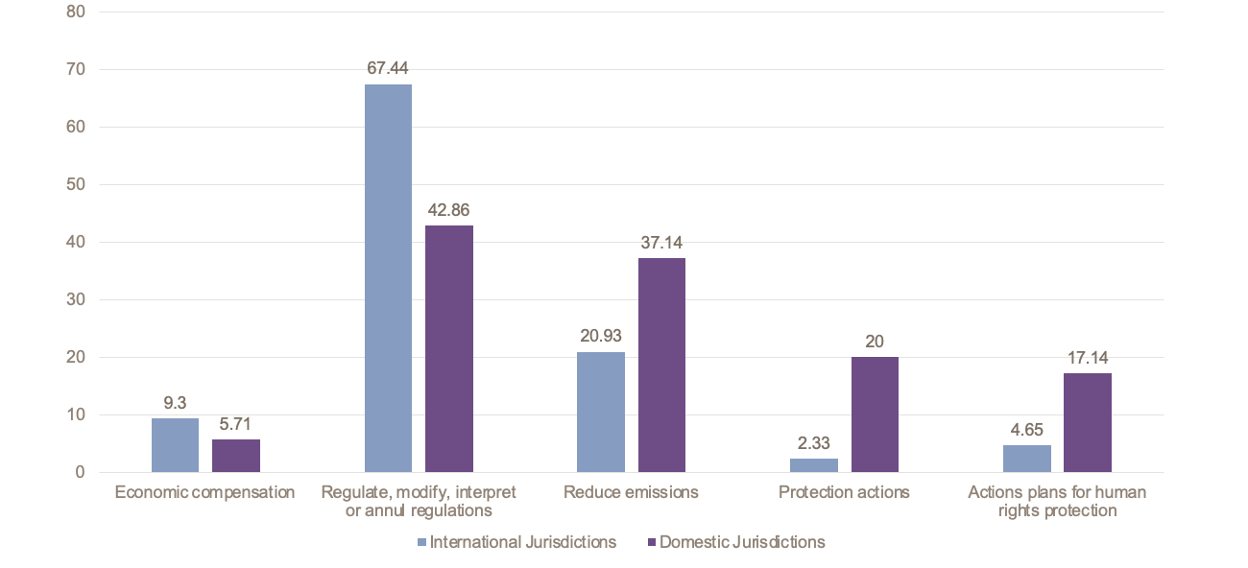
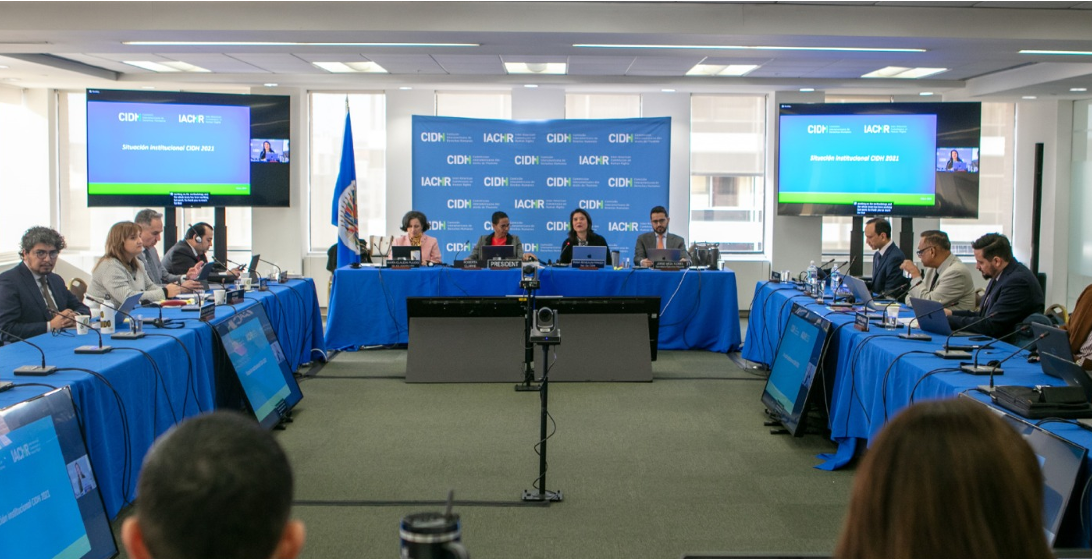
This project analyzes all cases for which the Inter-American Commission on Human Rights has published reports on the merits from 1992 to 2019 and includes the study of variables such as admissibility, themes, levels of compliance, and years of violation, among others. The units of analysis are recommendations issued in the merit reports of each case.
Moreover, in collaboration with the Notre Dame Student Policy Network, the Reparations Lab is developing a methodology to extract systematic scores from the Commission's annual report and follow-up reports to create a compliance map.
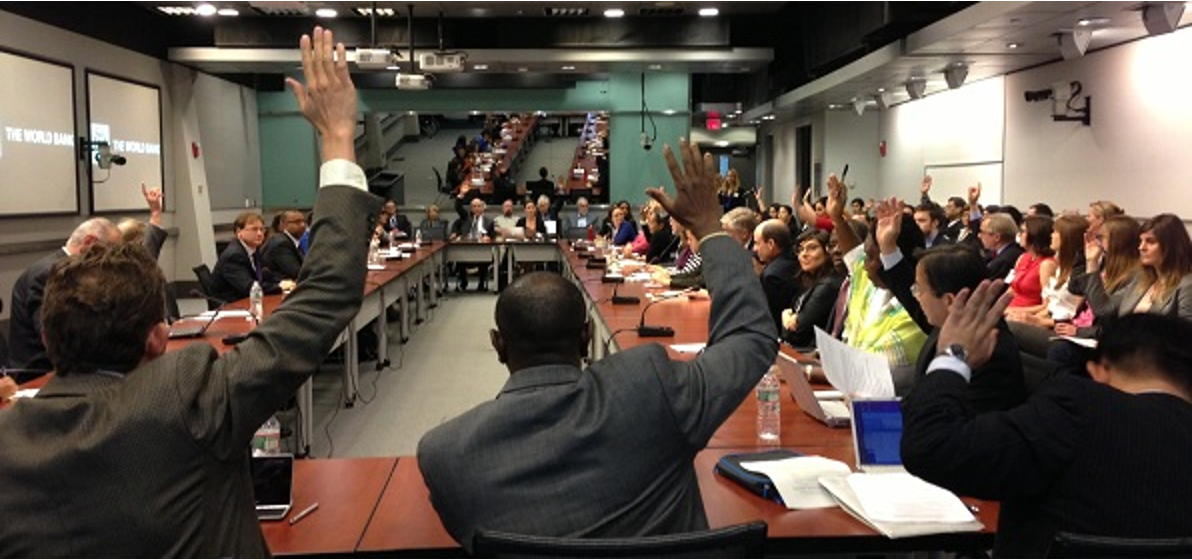
The project examines the reparative measures of the World Bank Inspection Panel within its process for issuing recommendations that adjust, suspend, amend, or otherwise cancel Bank-financed projects that are found, upon Panel investigation, to cause alleged harms to local communities, indigenous peoples, or any other groups that appropriately file Requests (also known as “Requesters”) with the Panel for investigation.
The analysis conducted by our Notre Dame Reparations Lab, based on both quantitative and qualitative data, demonstrates a consistent pattern of growth in the scope of reparative actions. This trend is accompanied by significant institutional development within the World Bank Inspection Panel, reflecting its evolving interpretation of its mandate to address harm experienced by communities affected by Bank-funded projects.






